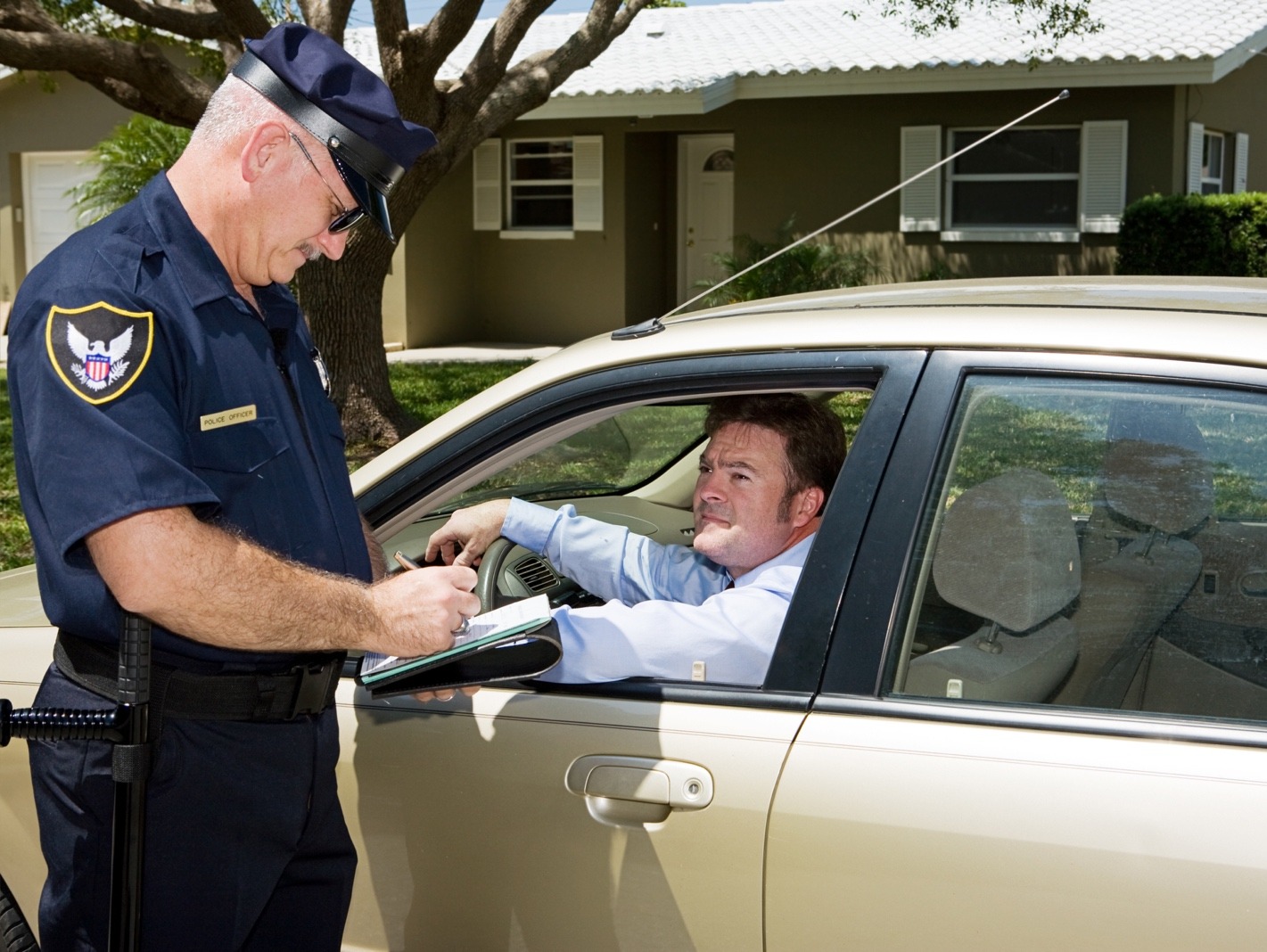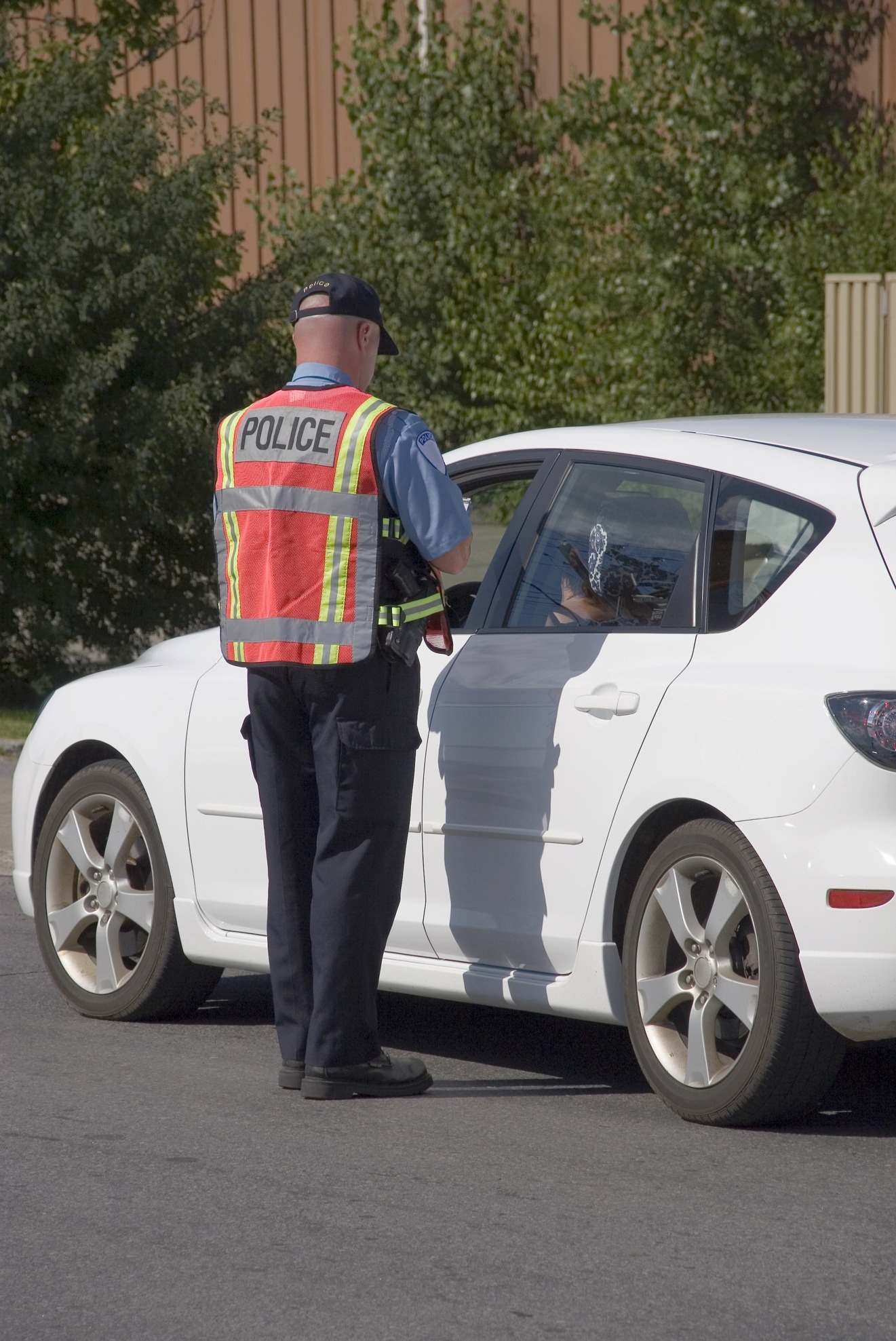
When we think of points, we typically think of sports. Accumulating more points in basketball, football, or soccer is generally a good thing, but the opposite is true for driving. Not every state uses a point system, but, for those that do, drivers must be careful not to break the rules and accumulate points.
States with point systems can and will take away your license, either temporarily or permanently, if you accrue too many points. In this short guide, we’ll take a look at what points are, how you gain them, and what can happen if you gain too many.
What Are Points?
Some states choose to enforce additional punishments for unsafe drivers. Others prefer a gradient of penalties, as opposed to the binary situation of either having a license or not. In either case, they may choose to enforce a point system.
Points are a way for states to track a driver’s record and enforce penalties. They’re not physically present on the license; rather, they accumulate on the driver’s electronic record when they get a ticket or commit other driving offenses. States who adopt a point system see a reduction in reckless driving and vehicular deaths.
How Do You Get Points?
The method of accumulating points on your driving record varies from state to state. A driver typically get points after receiving a ticket. In some states you can take defensive driving (or an equivalent) to keep the ticket from reaching your record and having any points added. Other states will add any infraction to your record and then you can take a course to reduce the point total for penalty purposes.
Again because of the different ways each state handles their points systems, it is best to wait a month or two following a ticket process with a court or the State before checking on how it impacted your record. If you’re unsure of how many points you have on your record, it’s best to contact your state’s DMV or by ordering a certified copy of your record through your DMV. You may also receive physical mail that notifies you of the total points on your license after each transgression.
How Do Points Affect You?
Each state holds its own thresholds for points and their associated punishments. They typically stay on a driver’s record for two to three years—an amount of time that often varies, depending on the state. Driving violations and the points associated with them are cleared over time or by attending driving safety, also known as defensive driving or traffic school courses.

What is true in all cases is the driver will have their license suspended or revoked after accumulating a certain amount of points. The driver usually must then pay a fine and/or complete a driving safety course of some kind to have their license reinstated. The fine amount will vary but it is typically a few hundred dollars, but it may range into the thousands for serious incidents. Drivers may also need to wait a set amount of time before being able to drive again.
A driver’s insurance costs and premiums will usually rise as points rise on a driver’s record. These penalties add up quickly, making the accumulation of points very costly in the long run.
Lesser violations like seat belt infractions and lack of car insurance can bump up your insurance by three to six percent. More severe offenses, including excessive speeding, improper driving, reckless driving, and DUI, range from 11 to 22 percent increases or higher. It’s often wise to shop around for new insurance plans if you’ve accumulated too many points on your license.
Whenever possible, it is always best to avoid license point accumulation, regardless of whether you live in a state with strict or relaxed point rules. Driving safely and legally is the only way to prevent point accumulation when you’re at the wheel. If you’ve somehow accumulated points on your license and your state has the option to take a course to prevent points from a ticket or to reduce the total points on your record, contact Ticket School. We offer a number of different courses depending on your state, ranging from traffic school / defensive driving courses to drug and alcohol awareness courses to help you learn to be a better driver so you can get your driving record back where you want it.
